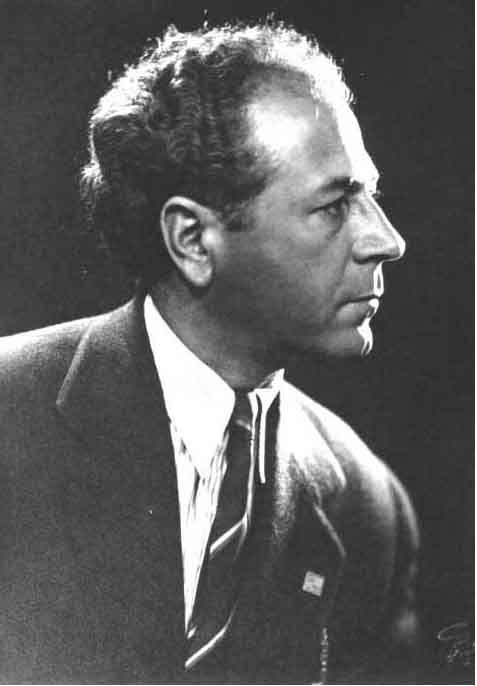As the Syrian National Party faced its second ordeal, I discovered that an experienced Lebanese politician criticized my description of the party's nationality and its ultimate goal of uniting the Syrian nation under a single government. Additionally, he claimed that without its political and national ideology, the party could have achieved great success in Lebanon as it was the pioneer in introducing organizational concepts. He believed that "organization" was the sole innovative contribution of the party.
Upon examining political movements in our country, I noticed that they failed to recognize the critical force of the Syrian National Party and its efforts to revive national identity. They solely perceived the notion of organization: a focus on hierarchy, uniforms, and ceremonies. While it's true that "organization" is a unique aspect of the Syrian National Party in the Near East, recently established political parties and groups have adopted organization as their primary objective and source of strength. Even disorganized political factions across Syria embraced the idea of "organization" as either a means of survival or compensation for their shortcomings.
It's important to acknowledge that discipline is a key foundation for both the work and existence of the Syrian National Party. Discipline is among its main sources of strength and is one of four elements symbolized on its Red Tempest: (a) Freedom, (b) Duty, (c) Discipline, and (d) Power. However, discipline isn't an end goal for the party—it is a potent tool available for use. If discipline were the sole intention, Syrian nationalists would not have such high hopes for their revival and their party's future.
A system devoid of purpose holds no real value in life, particularly when it comes to national matters. Those who believe that national resurgence simply involves a public square filled with men and women reveling in their uniforms and badges fundamentally misunderstand true national life. Such parade participants are gathered aimlessly like sheep wearing specific garments—consequently, this spectacle cannot be called a "renaissance" nor does it pose any real threat to the Syrian National Party.
The success of the Syrian National Party was not solely due to its stringent control and discipline in overcoming the suppression directed towards it. Rather, it was the underlying ideal and goal that propelled the party forward, enabling it to surpass all barriers. When the party's system occasionally faltered, it did not disintegrate but swiftly rebuilt itself.
The organization of the Syrian National Party is not driven by its structure alone; the core ideal of the party is what gave birth to, guides, and breathes life into the system. The victory and progression of the party, despite facing immense opposition from local adversaries, is attributed not only to its discipline but also to its purpose. The perseverance of the Syrian National Party affirms the nation's requirement for its ideology and principles that aim to harmonize national interests, bolster national consciousness, and elevate cultural standards.
Moreover, the notions of discipline and organization held by the Syrian National Party differ significantly from those held by conventional politicians before their renaissance, as well as from those who merely mimicked its external aspects. Within our understanding, "discipline" was devised to grant the party a robust scientific unity capable of inducing swift change. "Organization" was designed to foster collaboration and balance while integrating social, national, political, and economic interests into a cohesive structure.
Discipline provides a unified and efficient approach to accomplishing goals. In contrast, organization encompasses all internal operations, strengthening them in service of the nation – an integral foundation for any organization or disciplinary system. It is this devotion to national interest that gives value to both discipline and organization within the Syrian National Party. Thus, genuinely comprehending national interest and catering to it is the driving force supporting the party's firm organizational structure and control.
Discipline remains essential as long as it satisfies life's needs; however, beyond that point where it fails to serve societal interests, it transforms into a trivial objective with limited potential for progress.
The key to success lies not in the system of discipline but in the force that animates the system.
[1] Al-Jamhur, Beirut (21
December, 1936).

